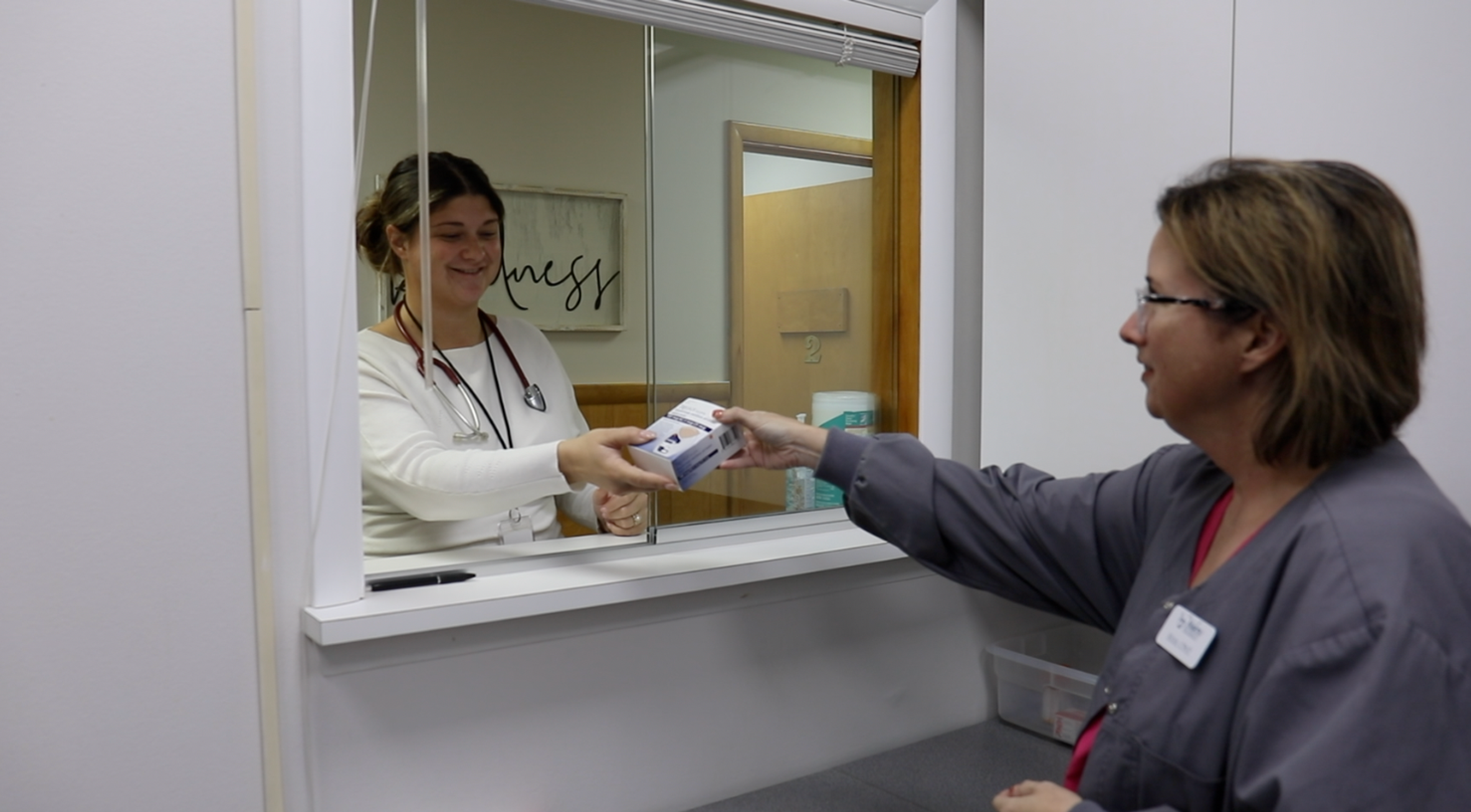Statewide hospital collaboration reduces complications from surgeries, improves quality
bcbsm
| 2 min read
A collaboration among 16 Michigan hospitals has successfully reduced complications following surgery by 10 percent, during a period where there was no reduction in complications nationally. The results are published in the October 18 issue of Archives of Surgery. In the Michigan Surgical Quality Collaborative, one of nine statewide initiatives funded and founded by Blue Cross Blue Shield of Michigan, participants agree to pool data and share information about what keeps patients safe. Physicians discuss their findings, and develop best practices that lead to better outcomes and safer practices. The “pay for participation” approach of these initiatives fosters cooperation, rather than competition. Blue Cross pays hospitals for their costs to collect patient data, and for the participants’ time to meet and share information. Blue Cross also pays a third-party coordinating center – in this case, University of Michigan Health System -- to track and analyze the data. Individual hospital results are not shared with Blue Cross, to maintain a non-competitive atmosphere.
The results are noteworthy
For example, this initiative has reduced the number of patients who develop pneumonia from being on a ventilator following surgery. That reduction alone could save $13 million each year. Other successes include reductions in blood infections, septic shock, prolonged ventilator use and cardiac arrest. Darrell A. Campbell Jr., M.D., chief medical officer at the University of Michigan Health System, leads the Michigan Surgical Quality Collaborative and believes the approach is something that should be replicated nationally. “If this system was adopted nationally, not just in Michigan, I think you would find a greatly accelerated pace of surgical quality improvement,” Campbell says.





